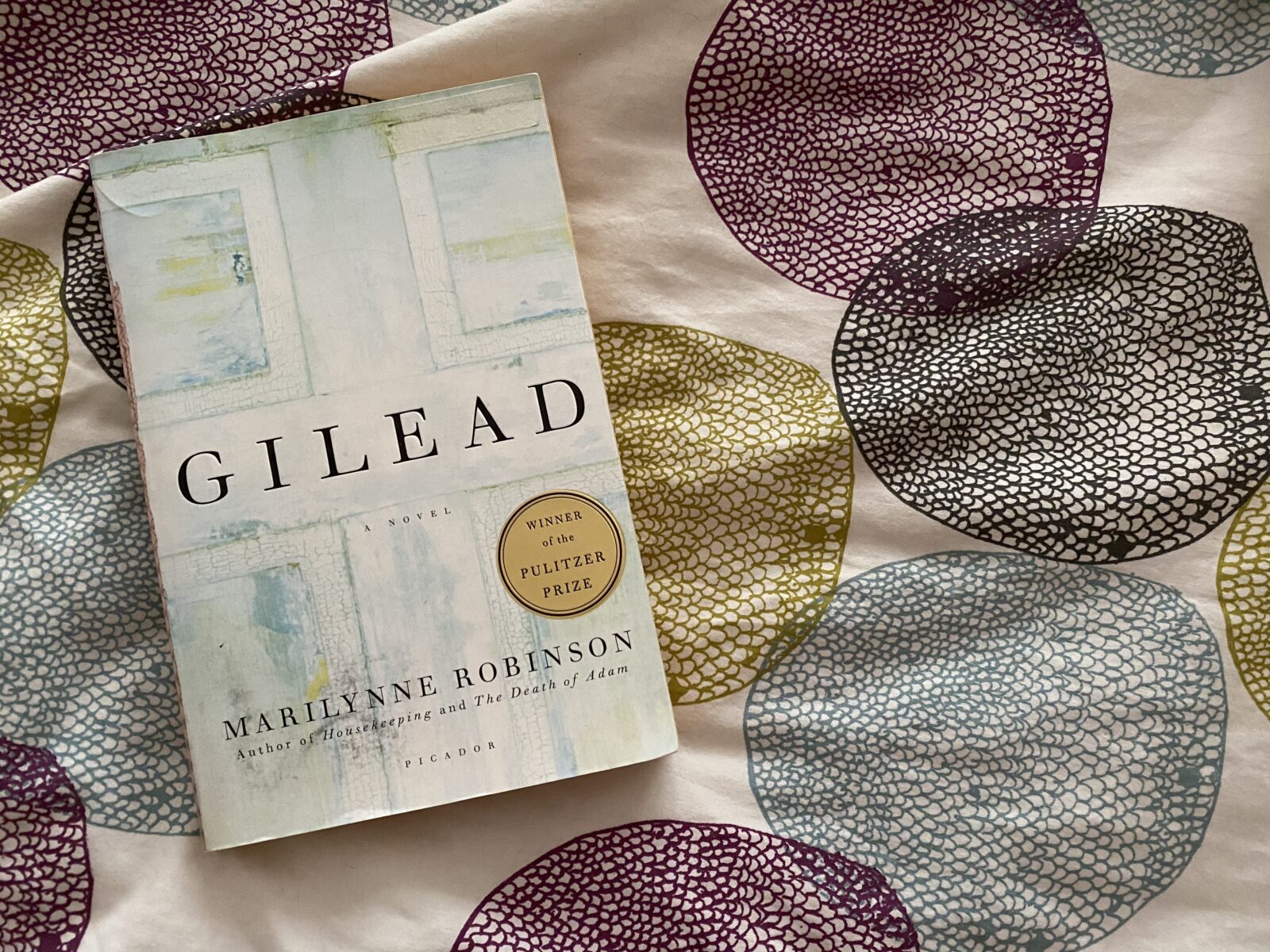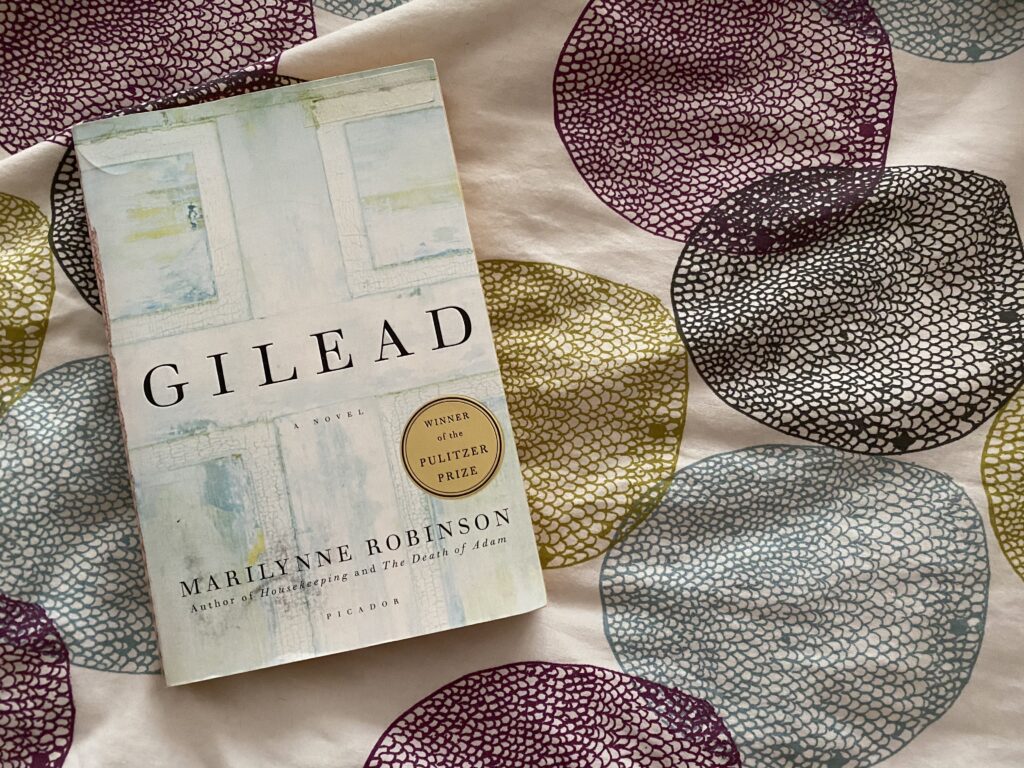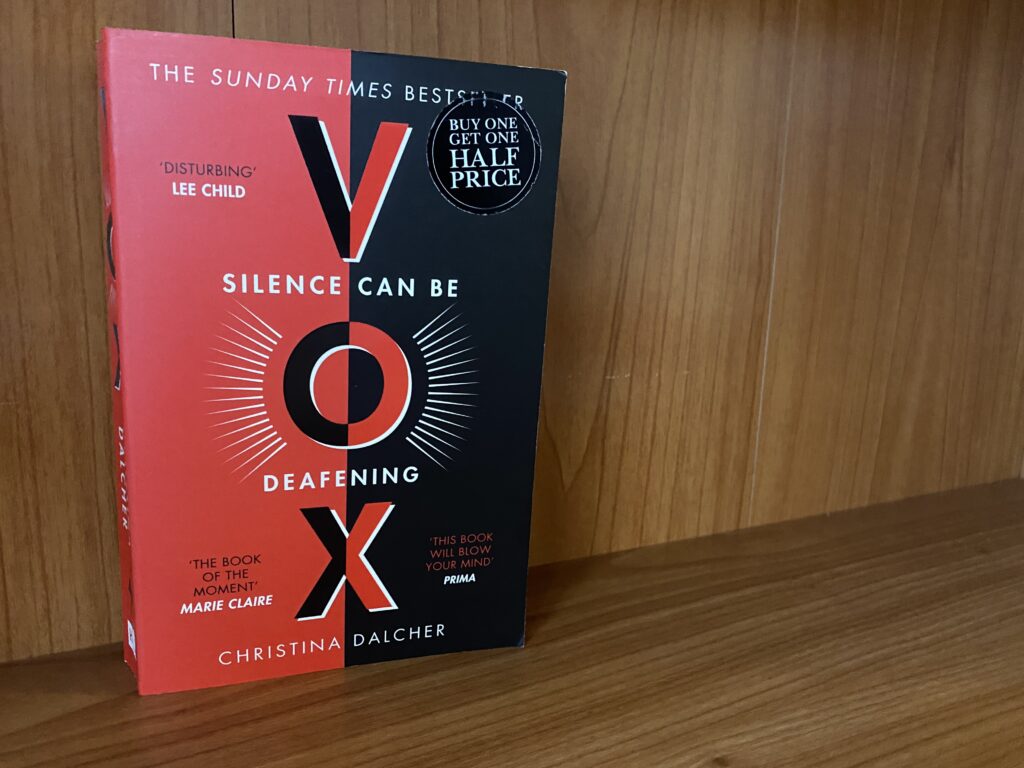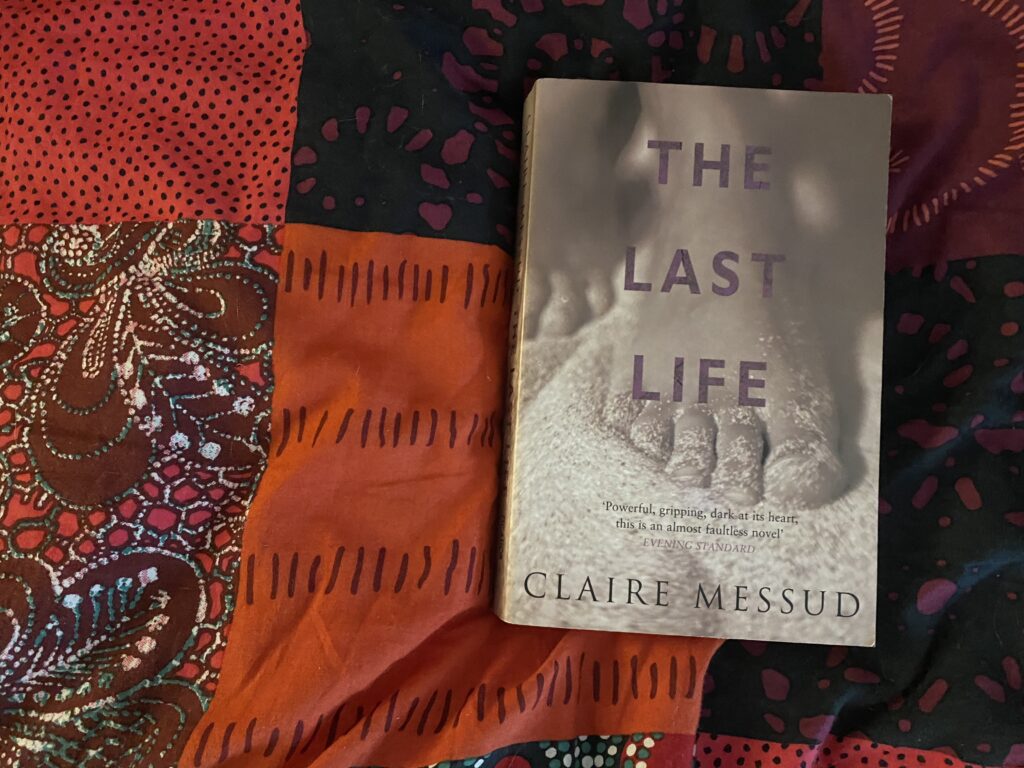This is my last reading post of the year! I have read 70 books this year. I think this might be a possible best, but I’m not sure; although I keep track during the year of how many books I’ve read, I never write the final number down! This year included lots of strong, resilient women who are capable of telling stories from any and all perspectives, as well as some pretty heavy truth telling.
Gilead, Marilynne Robinson
If this name sounds familiar to you, it’s probably because of one of two reasons: 1. Marilynne Robinson is one of Obama’s favorite writers and 2. She won the Women’s Prize for her sequel to this novel, Home. So yes, I did read the sequel first, which bothered (and continues to bother) me endlessly. I recently saw she wrote a third book, making this a kind of trilogy, but let’s return to the subject at hand. Gilead is basically one long letter an aging father is writing to his young son, for his son to read later on when he is gone. He tells the family history in bits and pieces, starting with his grandfather and his father and then his own life, intermingling present musings with past stories and future hopes. His grandfather, father, and himself were all preachers, and Robinson does an excellent job of quoting Bible verse and dropping tidbits of wisdom throughout the novel, such as this: “There are two occasions when the sacred beauty of Creation becomes dazzlingly apparent, and they occur together. One is when we feel our mortal insufficiency to the world, and the other is when we feel the world’s mortal insufficiency to us.” These books are interesting and of course well written, but their focus on the white man’s perspective is a little tiresome to say the least. It does showcase that women have been forced to think from and understand the white man’s perspective for ages and ages and that we have become so good at it that we can win Pulitzers for it, as Robinson has indeed done with Gilead.
Vox, Christina Dalcher
Vox sat on in my TBR pile for ages before I felt like I was in a good headspace to read it, cause who wants to read about women being oppressed and silenced in a time when Trump was setting up the Supreme Court to take away women’s rights, etc., etc., must I go on? But now that, at the very least, the end is in sight for him, I decided to read Vox, which is surely in and of itself a heavy-handed criticism of the latest administration, as it is set in the U.S. and has some pretty obvious parallels to it. Women are stripped of their jobs and passports and forced to live with a male relative if they don’t have husbands, and have counters put on their wrists that limit what they can say to 100 words a day. Pretty bleak. The main character was a scientist that is charged with finishing her research when it turns out that it can help cure the president’s brother, and that’s how she becomes involved in the resistance. Although the ending is much too simple, and thus not as interesting as it could have been, it is indeed the ending that the reader needed and thus understandable as to why it is the way that it is. And to any Spanish readers out there, it has absolutely nothing to with the Vox we know in Spain (the extreme right political party that is sexist and racist). I actually have no idea why the book is even called Vox as there is nothing in the narrative to explain it. So if anyone knows, clue me in please!
And a bonus from the archives:
The Last Life, Claire Messud
Messud narrates the life of a French Algerian family who was forced to return to France after the Algerian War of Independence in the 1950s. Through their own words she exposes the farce and hypocrisy of colonization and all that the French immigrants were ‘promised’. Her narrator is a teenaged girl going through all the agonizing moments of being just that, a teenaged girl, with the addition of other events that motivate her to discover the her other half—having a mother from the U.S. allows her to continue her education in the colonizer of all colonizers when she needs to start anew. Messud’s novel shows readers a part of colonization that we don’t think about as much as others (South America, for example) from a perspective that we would never willingly listen to, but that proves just as effective in revealing the ugly secrets of it and those who willingly participated in it.



